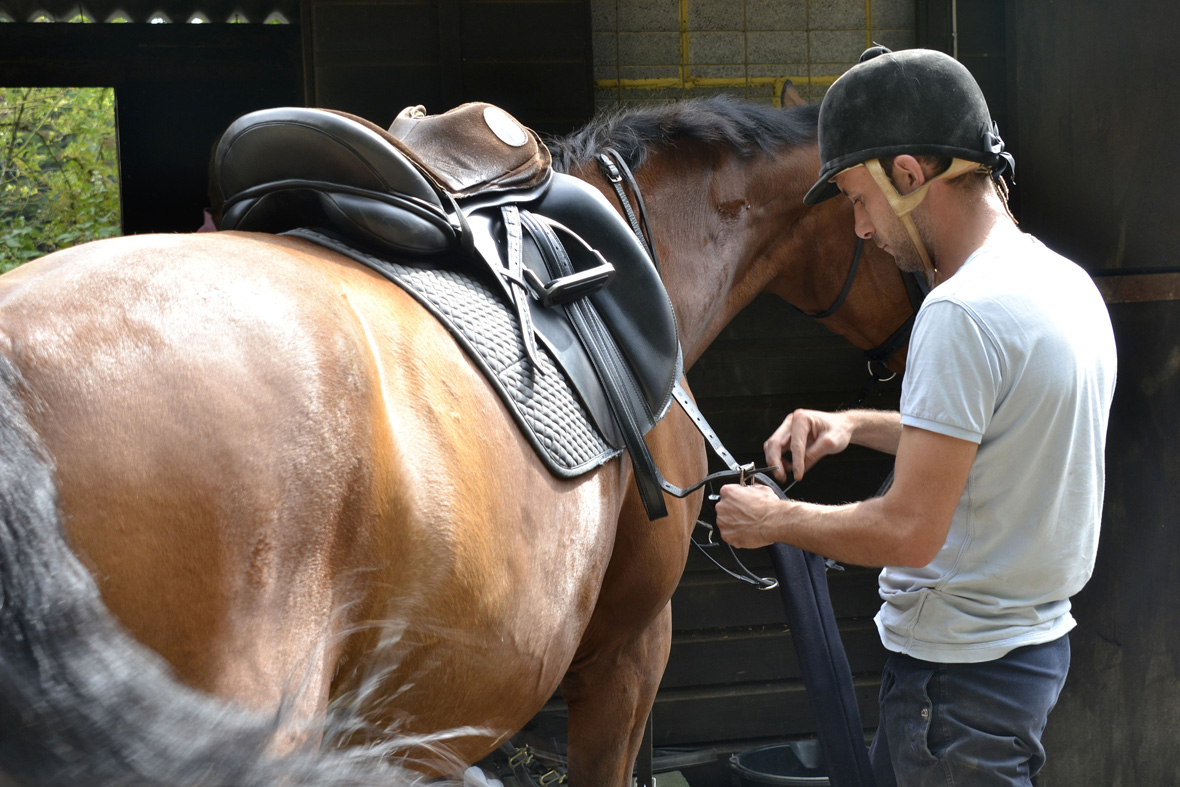You might be one of those who simply adore horses. If you are considering working with horses, there are actually professional careers that you can choose on. Veterinarian, farm manager or trainer, riding instructor and groom are but few of the job designations you can get. However, paper credentials won’t guarantee smooth tasks when you don’t actually observe these equine key skills:

- Fundamental Handling and Grooming Skills
- Basic (or fundamental) handling skills include riding, leading, bridling, selecting hooves, bathing, feeding, leg-bandaging, blanketing and cooling horses most especially after their rigid work out. One can’t acquire these skills overnight, but through persevering and self-discipline.
- Equine care and maintenance requires good grooming of horses. One should be accustomed to the basic tools and equipments of grooming. It includes sweat scraper, firm and bristle brushes, mane comb, curry comb and hoof picks.
- Knowledge About the Equine Anatomy
- You should know about the bodily structure of a horse. This will help you know more of their needs, nature and ability. One of the focal points in its anatomy is its legs and hooves. Since these are its source of power, you may want to educate yourself how to handle and take care of these.
- Sensitivity on Horse Health
- Know that horses are active animals that—just like sports players—have the propensity to injure themselves due to the nature of their activities. As a professional, you should know how to deal with leg injuries, cuts, abdominal pains (known as colic cases) and abrasions. You must be sensitive about their behavior as this tends to closely relate with their health status.
- Reading the Horsey Behavior
- Of course, horses can’t talk about their problems! They tend to show that something’s actually wrong through their behavior. You may want to closely monitor their ears as these parts usually convey their emotions. Legs, head, neck and teeth are also key indicators of what they feel.
- Communication Skills and Proper Coordination with Other Equine Professionals
- Naturally, you can’t do everything so it is a smart move if you can establish rapport with other professionals that can help you in dealing with horses. Remember that the most important matter is to deal with the needs of the creature you are working with.

